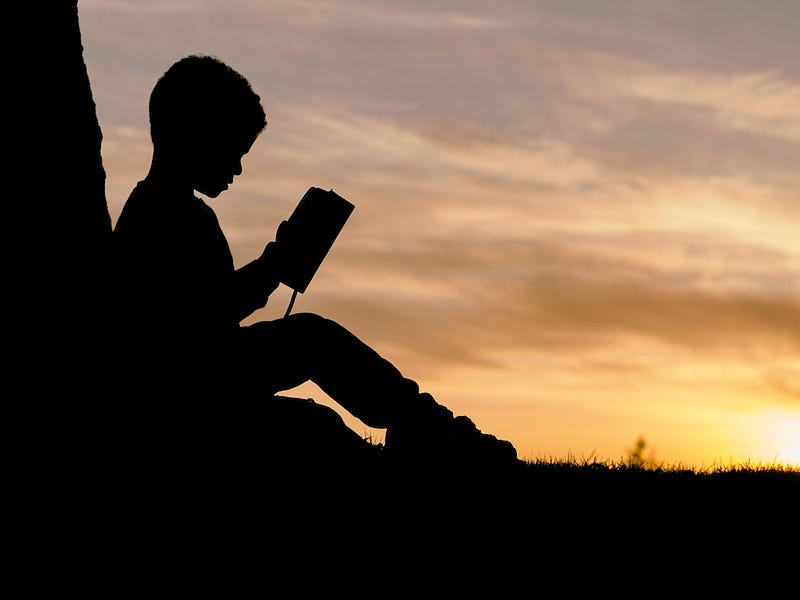Transformative Approaches to Education in Jewish Tradition
Written on
Chapter 1: The Essence of Education in the Torah
In Parashat Va’ethanan, located in the book of Devarim (Deuteronomy), Moshe continues his farewell speech to the Israelites, highlighting various mitzvot (commandments) and laws. A key theme that emerges from this section is the vital role of education and the transmission of knowledge to future generations.
In Deuteronomy 6:4–9, Moshe presents the core declaration of Jewish belief known as the Shema: “Hear, O Israel: The Lord our G-d, the Lord is One. Love the Lord your G-d with all your heart and with all your soul and with all your strength.” This verse underscores the unity of HaShem and the imperative to love Him wholeheartedly. Moshe urges the Israelites to internalize these teachings and share them with their children.
The Hebrew term for “teach” used in this context, “v’shinantan,” is derived from the root “shanan,” which translates to “sharp” or “thorny.” This indicates that educating children demands dedication, perseverance, and sometimes, significant challenges. The Torah encourages both parents and educators to diligently guide children in the ways of HaShem, fostering a deep love for Him and His mitzvot.
Additionally, the text instructs the Israelites to impart these mitzvot to their children in various settings throughout their daily lives. It states, “Talk about them when you sit at home and when you walk along the road, when you lie down and when you get up.” This implies that education should be a continuous endeavor, extending beyond formal environments like schools or synagogues. It should be woven into the daily fabric of life, allowing children to observe and learn from their parents' actions and values.
By diligently educating children and integrating learning into everyday life, the Torah advocates for a comprehensive approach to nurturing the next generation. It recognizes that the responsibility for education extends beyond formal institutions to parents, family, and the wider community. Every individual plays a crucial role in shaping the character, values, and spiritual development of children.
The teachings found in Parashat Va’ethanan underscore the enduring significance of education within Jewish tradition. They remind us that the passing down of knowledge and values to future generations is a sacred obligation. Whether imparting religious teachings, ethical values, or practical skills, the Torah urges us to invest in our children's education and equip them with a solid foundation for a meaningful and purposeful life.

Section 1.1: The Importance of Lifelong Learning
Education is not merely confined to formal instruction; it is a lifelong journey that evolves with time.
Subsection 1.1.1: Learning in Everyday Life
Education should permeate all aspects of life, enabling children to learn from their surroundings.
Chapter 2: Global Perspectives on Education
Exploring diverse educational models provides valuable insights into enhancing our own approaches.
The first video titled "Why Finland has the Best Education" by Michael Moore highlights the unique elements of Finland's educational system that contribute to its success. The video discusses factors such as equal opportunity, creativity in learning, and the role of teachers in shaping students' experiences.
The second video, "The best education for all" by Bill Deresiewicz at TEDxMtHood, emphasizes the necessity for an inclusive educational framework that caters to diverse learning needs and fosters critical thinking skills among students.